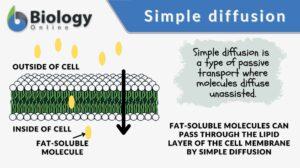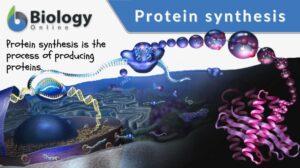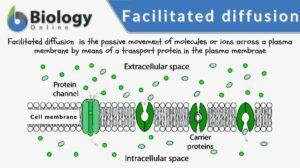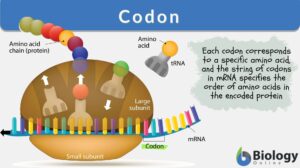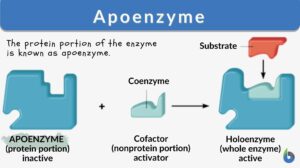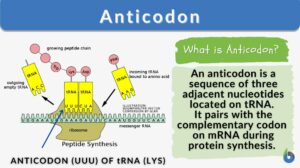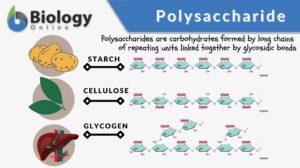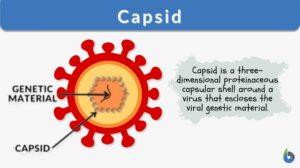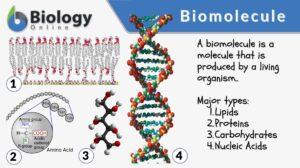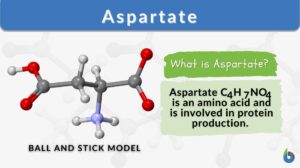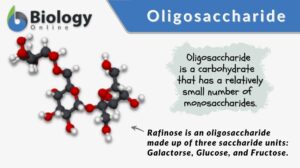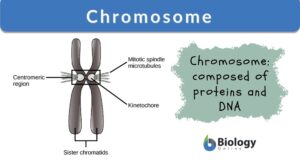Search Results for: simple protein
Simple squamous epithelium
Simple Squamous Epithelium Definition Simple squamous epithelium, also known as simple squamous epithelial tissue or... Read More
Simple protein
simple protein protein that yields only alpha-amino acids or their derivatives by hydrolysis; e.g., albumins, globulins,... Read More
Rough endoplasmic reticulum
Rough Endoplasmic Reticulum Definition The rough endoplasmic reticulum (rough ER or rER) is a membrane-bound organelle... Read More
Simple diffusion
Diffusion is essential in the anatomy and physiology of a living thing, especially with regard to homeostasis. It is one of... Read More
Phosphorylation
Phosphorylation Definition We can define phosphorylation as a biochemical process in which a phosphate molecule is added to... Read More
Protein synthesis
Protein synthesis is the process of creating protein molecules. In biological systems, it involves amino acid synthesis,... Read More
Polypeptide
Polypeptide Definition Biology What are polypeptides? A polypeptide is defined as a polymer of amino acids joined together... Read More
Facilitated diffusion
Facilitated diffusion is the transport of substances across a biological membrane from an area of higher concentration to an... Read More
Concentration gradient
What is a concentration gradient? A gradient is a measure of how steep a slope is. Thus, a concentration gradient would be... Read More
Tight junction
What are tight junctions? Tight junctions are the intercellular barrier between two neighboring endothelial and epithelial... Read More
Polysaccharide
Polysaccharide Definition Biology Definition: A polysaccharide is a carbohydrate formed by long chains of repeating units... Read More
Biomolecule
A molecule is an electrically neutral, group of atoms that can exist alone in a free state while its characteristic... Read More
Epithelium
An epithelium is a type of animal tissue made up of densely packed cells (called epithelial cells) that rest on a basement... Read More
Plant Tissues
Plants are composed of three major organ groups: roots, stems, and leaves. As we know from other areas of biology, these... Read More
Metabolism
Metabolism Definition What is metabolism in the body? Metabolism encompasses the various biochemical processes, reactions,... Read More
Oligosaccharide
Carbohydrates are organic compounds consisting of carbon, hydrogen, and oxygen, usually in the ratio of 1:2:1. They are one... Read More
Cell membrane
Cell Membrane Definition Just like any non-living body possesses a plastic or paper packaging material that keeps the... Read More
Nuclear body
Definition noun plural: nuclear bodies nu·cle·ar bod‧y, ˈnjuː.kli.ər ˈbɒdi Any of the prominent non-membraned,... Read More
Decomposer
Decomposer Definition The organisms that carry out the process of decay or breakdown of the dead organism are known as... Read More
Eubacteria
Eubacteria are prokaryotic microorganisms consisting of a single cell lacking a nucleus and containing DNA is a single... Read More
Catabolism
Catabolism Definition Catabolism is the branch of the metabolic process that breaks down complex, big molecules into... Read More
Chromosome
Chromosomes Definition Chromosomes are thread-like structures present in the nucleus of plant and animal cells. Chromosomes... Read More
Polymorphism
Polymorphism Definition The occurrence of two or more different forms or morphs in the population of a species is referred... Read More
Glycolysis
What is Glycolysis and Why is it Important? Glycolysis is a metabolic pathway by which the 6-carbon molecule of glucose is... Read More
Plant Metabolism
Introduction Plants are responsible for incredible feats of molecular transformation. The processes are always being... Read More
Passive transport
Passive transport is a type of cellular transport in which substances such as ions and molecules move down their respective... Read More
Balanced diet
What is a balanced diet? What is the definition of a balanced diet? A nutritionally balanced diet fulfills all nutritional... Read More



